Nanofiltration (NF) is an advanced membrane separation process that falls between reverse osmosis (RO) and ultrafiltration (UF) in terms of membrane pore size. With a nominal molecular weight cutoff range of 200-1000 Daltons, nanofiltration allows for the selective separation of ions and small molecules, making it a versatile technology in various industries. The membrane's unique properties enable the retention of divalent ions and larger organic molecules while allowing the passage of monovalent ions and smaller solutes. One significant application of nanofiltration is in water treatment. It is employed for the removal of contaminants such as heavy metals, salts, and organic compounds, providing an effective means of producing high-quality drinking water and industrial process water. Nanofiltration is also utilized in the food and beverage industry for concentrating and fractionating components like proteins and polyphenols. The efficiency of nanofiltration is influenced by parameters such as pressure, temperature, and feed concentration. As a relatively energy-efficient process, nanofiltration has gained popularity for its ability to operate at lower pressures compared to reverse osmosis, resulting in reduced energy consumption. Ongoing research and development continue to expand the applications of nanofiltration, showcasing its potential in addressing complex separation challenges in various fields.

Ephraim Suhir
Portland State University, United States
Thomas J Webster
Interstellar Therapeutics, United States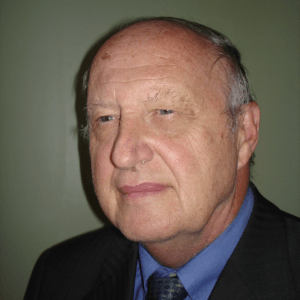
Robert Buenker
University of Wuppertal, Germany
Will Skene
Montreal University, Canada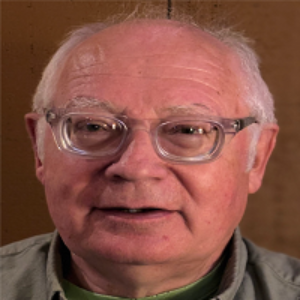
Valeriy A Buryachenko
Micromechanics & Composites LLC, United States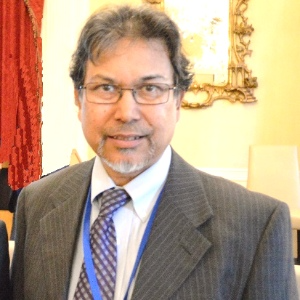
Anis Rahman
Applied Research & Photonics, Inc, United States
Will Skene
Montreal University, Canada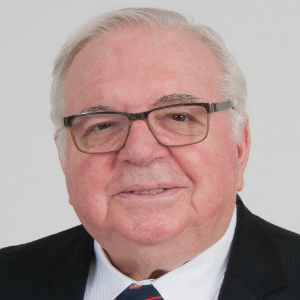
Robert Guidoin
Laval University, Canada
Robert Buenker
University of Wuppertal, Germany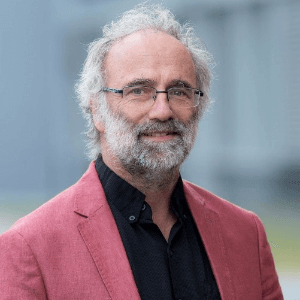


Title : Introducing picotechnology: An exciting extension of nanotechnology
Thomas J Webster, Interstellar Therapeutics, United States
Title : The failure of both einsteins space-time theory and his equivalence principle and their resolution by the uniform scaling method
Robert Buenker, University of Wuppertal, Germany
Title : Material challenges with proton conducting ceramics for intermediate temperature hydrogenation/dehydrogenation applications
Saheli Biswas, Commonwealth Scientific and Industrial Research Organisation, Australia
Title : Porphyrin layers at metal-electrolyte interfaces monitored by EC-STM and CV
Marek Nowicki, University of Wroclaw, Poland
Title : Color control of electrochromes by structural modification
Will Skene, Montreal University, Canada
Title : Make experiments more efficient: Two simple and powerful approaches. Mg2Si growth for photovoltaic and thermoelectric applications
Alexander S Gouralnik , Institute of Automation and Control Processes, Russian Federation
Title : Reconfigurable antenna structures using tunable materials
Nasimuddin, Institute for Infocomm Research, Singapore
Title : (0, 1 and 2) Dimensional hybrid architecture of the synthesized materials leads the smart sensing of the gaseous species at low/room temperature
D R Patil, North Maharashtra University, India
Title : Enhanced grain refinement, precipitates regulation, and improved mechanical properties of cast Al-Li alloy by Ti addition and heat treatment
Lixiong Shao, Shanghai Jiao Tong University, China
Title : Broadband sound attenuation of shape memory polymer with triangular-honeycomb unit cell metamaterial structural design
Musaab Ejaz, Universiti Teknologi PETRONAS (UTP), Malaysia